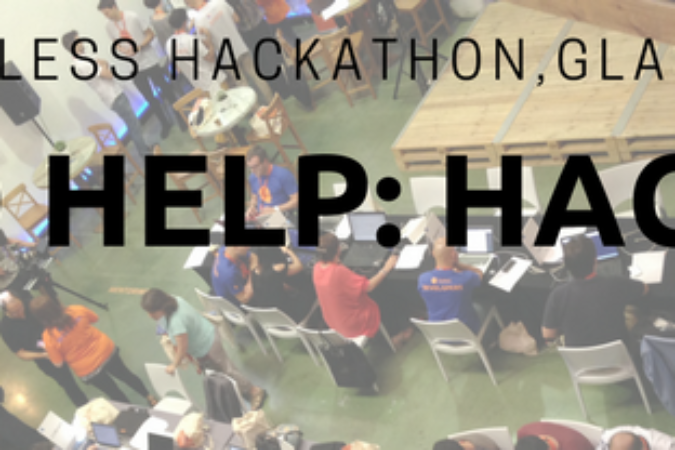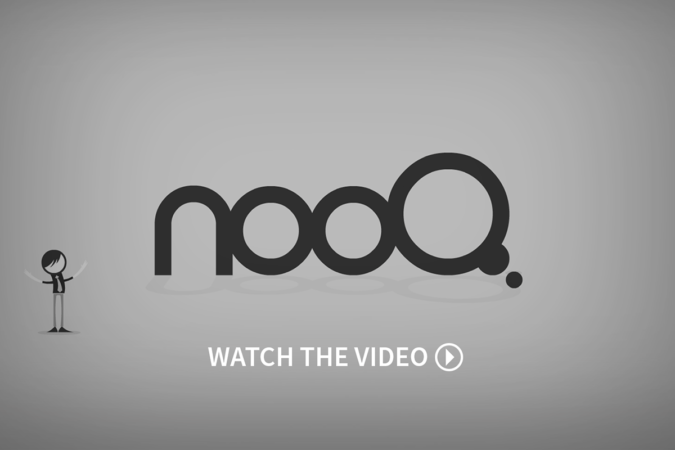Knowledge Management is shifting
There is little new to Knowledge Management, right?
I mean, we have been doing it for more than 50 years, since Peter Drucker “invented” the term knowledge worker. We know what it is, how to use it, what it demands, and what the results are; we have seen most of the challenges and issues and found lessons learned, best practices, and even fortunate discovery (fine, let’s call it serendipity) in some cases.
Who doesn’t know how to do Knowledge Management well?
Funny you should ask…
There is little new to Collaboration and Knowledge Management, right?
I mean, we have been doing it for more than 50 years, since Peter Drucker “invented” the term knowledge worker. We know what it is, how to use it, what it demands, and what the results are; we have seen most of the challenges and issues and found lessons learned, best practices, and even fortunate discovery (fine, let’s call it serendipity) in some cases. We should be sharing knowledge and making it easier to find.
Who doesn’t know how to do Knowledge Management well?
Funny you should ask…
Even though we had it for over 50 years, modern Knowledge Management solutions have only been around since the early 1990s. Even then, as early as 1997 we were already writing about the reasons they failed, with the latest crop of scholarly articles about these same reasons coming out as late as 2010 The reasons for the failure are myriad, have not changed much, and not the purpose for this post, but bottom line is that a whooping 62% of respondents to a survey on knowledge management recently completed are not sure that their knowledge management initiatives are delivering the results they want.
How is this possible?
The problem is not knowledge management as a discipline; the problem comes down to implementation. In spite of the five-layer model for knowledge management implementation, there are three variables that affect it constantly:
- Source of Knowledge – this is one of the most complex parts of knowledge management, actually. It is not as if knowledge is born structured, self-advertised to be knowledge, or easily available. Sometimes it is stored in some sort of repository (data, documents, assorted information storage) and sometimes it is in someone’s head. Sometime the source is known, sometimes it is not. The advent of social media and online communities made it even more cumbersome to know what it is, where does it come from, and how to tap into it. The coming shift in knowledge management is based mostly on this.
- Storage and Maintenance of Knowledge – I am fond of saying that knowledge decays at a rate of 50% for every minute it exists. It is a tongue-in-cheek way to say that we cannot hold on to what we think is knowledge for too long, and storing it is not the most important part: maintaining it. The speed at which we generate data (And eventually knowledge) these days has compounded this problem: there are instances where knowledge is not even stored and is already obsolete. We need to find better ways to maintain, store, and find knowledge at speeds never before used – this is a large challenge.
- Use of Knowledge – My favourite part of KM is not defining, finding, creating, storing, or maintaining knowledge these days (those were the good old days) but rather using it. The core difference we will experience in the next five years with KM is going to come down to the change from knowledge-in-storage to knowledge-in-use. Faster, better, cheaper methods to find, generated, store, and maintain knowledge management systems are either here already or on the way – but the way we use knowledge has not changed as much. We need to find a better value-based model for using knowledge that justifies the other process, and most organizations are not there yet. This will be a core challenge for organizations that are tackling knowledge management projects.
These three variables not only affect established knowledge management solutions, but organizations that are iterating through existing ones. If your organization has a knowledge management system in place I can almost guarantee that some of the following questions have come up recently:
- How do we identify knowledge? Subject matter experts?
- How do we tap into it so we can more easily and rapidly access it?
- How do we discover new trends and how do we integrate into our repository ?
- How do we work with experts to ensure they remain engaged with your knowledge management systems?
At nooQ we also believe that the knowledge management systems, just haven’t answered the what’s in it for me question satisfactorily enough. You still cannot ask a knowledge management repository a question, to make a decision or recommend (and/or even evaluate) the best person to speak to – which is what people generally want.
Most people make decisions by trusting the opinions of their leaders, peers & advisers. One of the many reasons for Amazon’s success is their ratings and reviews system. People decide based on other people’s comments, ratings and reviews.
If an internal search discovers documents or web pages to read which might answer your question, people don’t really want to read all those documents as search results are nowhere near 100% accurate, therefore people tend to ask someone they know and trust, what the answer is or who is best to speak to. Companies need to be able to do this at speed; it takes a long time to get consensus and decisions made in companies, especially when there is a lot of people to consider. Search engines can find things for you, but they can’t tell you the best course of action or best person to speak to.
At nooQ our platform is designed around this, to be able to massively speed up how decisions, answers and expertise is located. Involving and notifying the right people. Getting answers and decisions, faster yet involving more people. More people can be involved in a real-time question and answer or decision making session.






